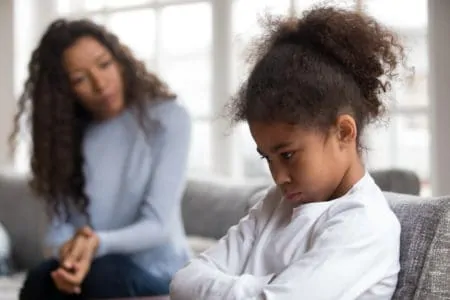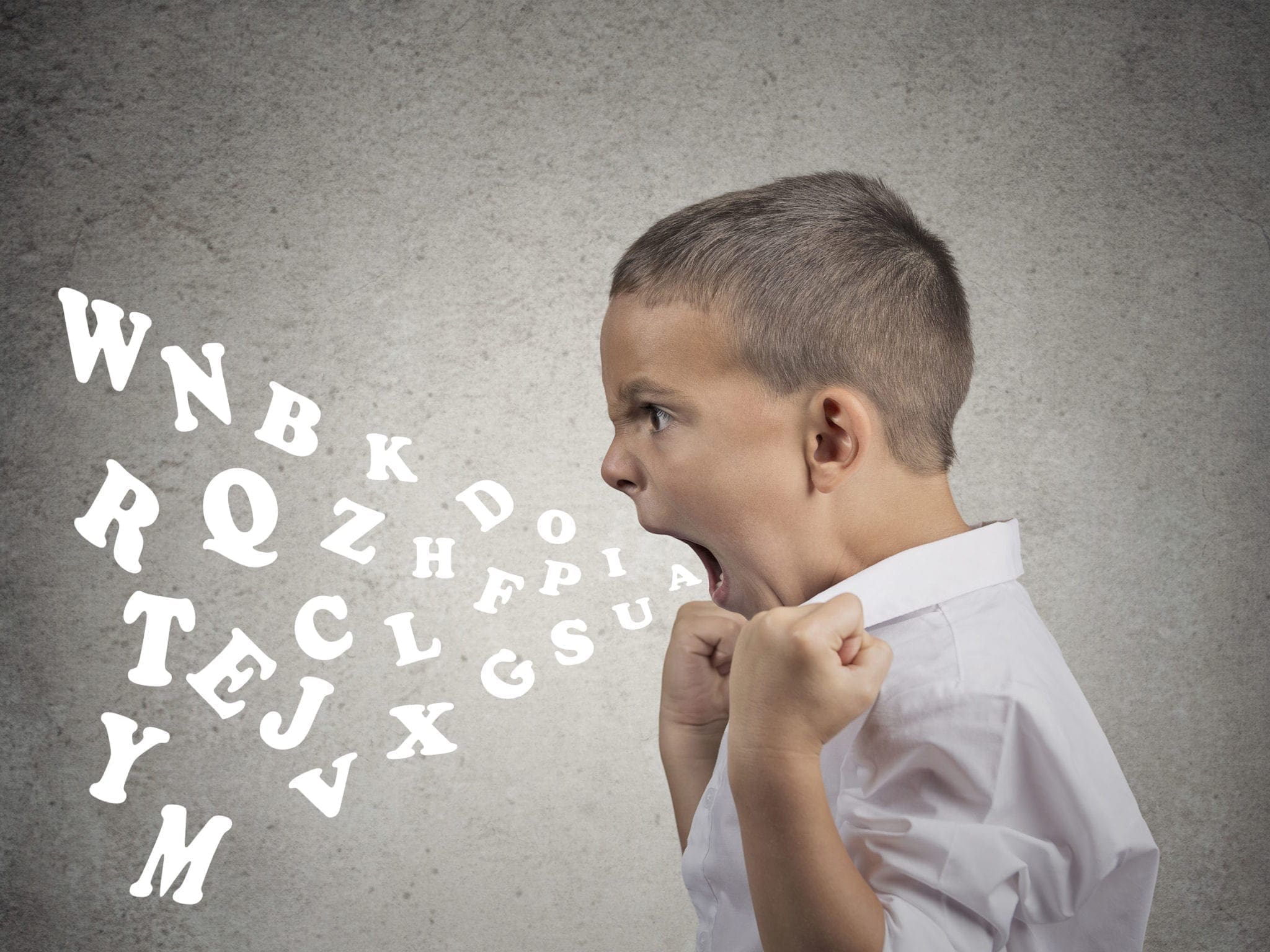A parent-child relationship must be balanced, not less and not of too much love. Parents must differentiate the words: 'selfless love' and 'selfish love'; And usually, the second one unknowingly happens to them due to their overflowing love for their children, making them too controlling & abusive.
According to a verse found in Proverbs (Proverbs 25:16), "Too Much Of A Good Thing Is Bad For You!"; is the same thing as giving too much love to your child, which will definitely make you regret it in the future. These may lead to permanent or long-term physical, emotional, mental, spiritual, and social damage in a child's development as he grows older, without parents being aware of it.
While it is natural for parents to want the best for their children, it is still crucial to be aware of the potential pitfalls of being too controlling. And that's why I list down The 5 Things Children can do because of abusive parents.
1. They'll remember what you did
Children at a very young age remember anything you did to them. They'll remember that you pointed a finger at them, shouted at them, and were angry at them without giving any reasonable explanations.
Just like me, when I was 4-5 years old, my mom used to hide her phone in our laundry basket among dirty clothes to conceal her dishonesty—that she was cheating on my father. Even now, at the age of 23, I still vividly remember every detail of the impact my parents' actions had on my mental health at such a young age. This is why I believe children possess an innate sense to distinguish between right and wrong more keenly than adults. Therefore, I urge all parents to be mindful of how they treat their children, as their actions may affect how they are perceived and remembered in the future.
2. They can possibly deny you
It's not impossible for a child to deny their parents if they have been abusive from an early age. Abused children may develop complex trauma that stays with them into adulthood. If a child becomes weary of a parent's controlling behavior, they may choose to distance themselves to the extent that they no longer feel a connection. This does not necessarily mean it is permanent or impossible to reconcile, but it can cause long-term trauma for the child, affecting various aspects of their life. 3. Their behavior will change
"A man reaps what he sows" (Galatians 6:7-9). If you treat your children well, that treatment shall reflect based on their behavior. But what if you'll ask me, "Ms. Jen... I always treat my son well and even spoil him. I always provide him with whatever he wants. I gave him the phone to play with when he wants it and everything else, but why he still shouts at me and is being too aggressive?". My answer would be, Exactly the point! You've given him all your love without discipline. This blog isn't all about being too abusive alone but also about being balanced in the area of parenting.
It doesn't mean you treat them well; they'll also treat you well, but it matters how you balance both discipline and right control over your children without going over the boundaries of their freedom.
4. Children have a strong sense of willpower (do not under-estimate them)

Every born child is different. Some choose to stay with their parents until adulthood hits them and live away from them when they've found an escape room to fight for their freedom. But most of the child on their very young ages, are strong-willed. They want to learn things for themselves rather than accept what others say. But this behavior is quite dangerous, I'll tell you in a bit.
I want parents to be more careful in how they treat their children, ensuring a balanced approach to both discipline and love. I know someone, a friend of mine, who at the age of 6 walked away from his abusive parents due to their mistreatment of him and his sisters. As a young boy, his responsibility was to protect his sisters from their abusive father, who he described as consistently unreasonable. His parents would frequently become angry with them whenever they returned home from the farm.
In defending his sisters, he allowed his father to beat him while he was inside a hanging sack of rice. This experience led him to make the decision at a young age to leave and escape from his abusive parents. Fortunately, many kind-hearted people noticed him and he was eventually adopted.
5. They will lose respect & empathy for you

Children value respect more than control, they do not understand why you're controlling them, but they do if you give more respect and value to their feelings. We need to understand that children have their personal feelings as well. And that they also know what respect means even though no one taught them about it.
If you consistently repeat the same discipline to your child as if he didn't hear it, you'll not giving him the opportunity to learn and develop the skills and identity he wanted for himself. Don't get to the point that your child will lack respect for you and doesn't feel empathy for you, for taking away their right to decide on things they want for themselves. As much as possible, do not fail to show them respect, by allowing them to do other things they want for themselves, and feel empathy for what might your child feels like when you control them too much.

While it is natural for parents to protect and guide their children, it is crucial to strike a balance between control and independence. Being too controlling can stifle a child's development, strain the parent-child relationship, and hinder their ability to become confident and resilient individuals. Parents should aim to provide guidance, support, and opportunities for their children to learn and grow independently. By nurturing independence, parents empower their children to become capable, self-reliant individuals who can navigate life's challenges with confidence.






Comments
Post a Comment